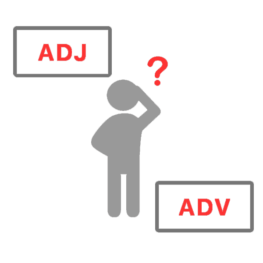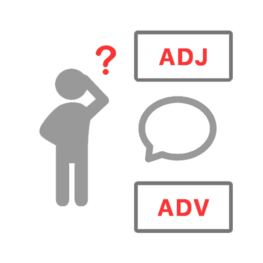
Adverbs and Adjectives
Adverbs and Adjectives presuppose that something is going to happen. Adverbs and adjectives add information to a verb (doing word) or noun (naming word) respectively. If I were to say “Johnny is running quickly”, “quickly” would be the adverb as it is adding more detail or qualifying the verb “to run”. The question is how will the experience be? That is the question, you, as an NLP Practitioner needs to investigate. Adverbs and Adjectives is a wonderful part of the Milton Model that helps you do your work easier and quicker. It only needs some planning. For you to experience the information below.




